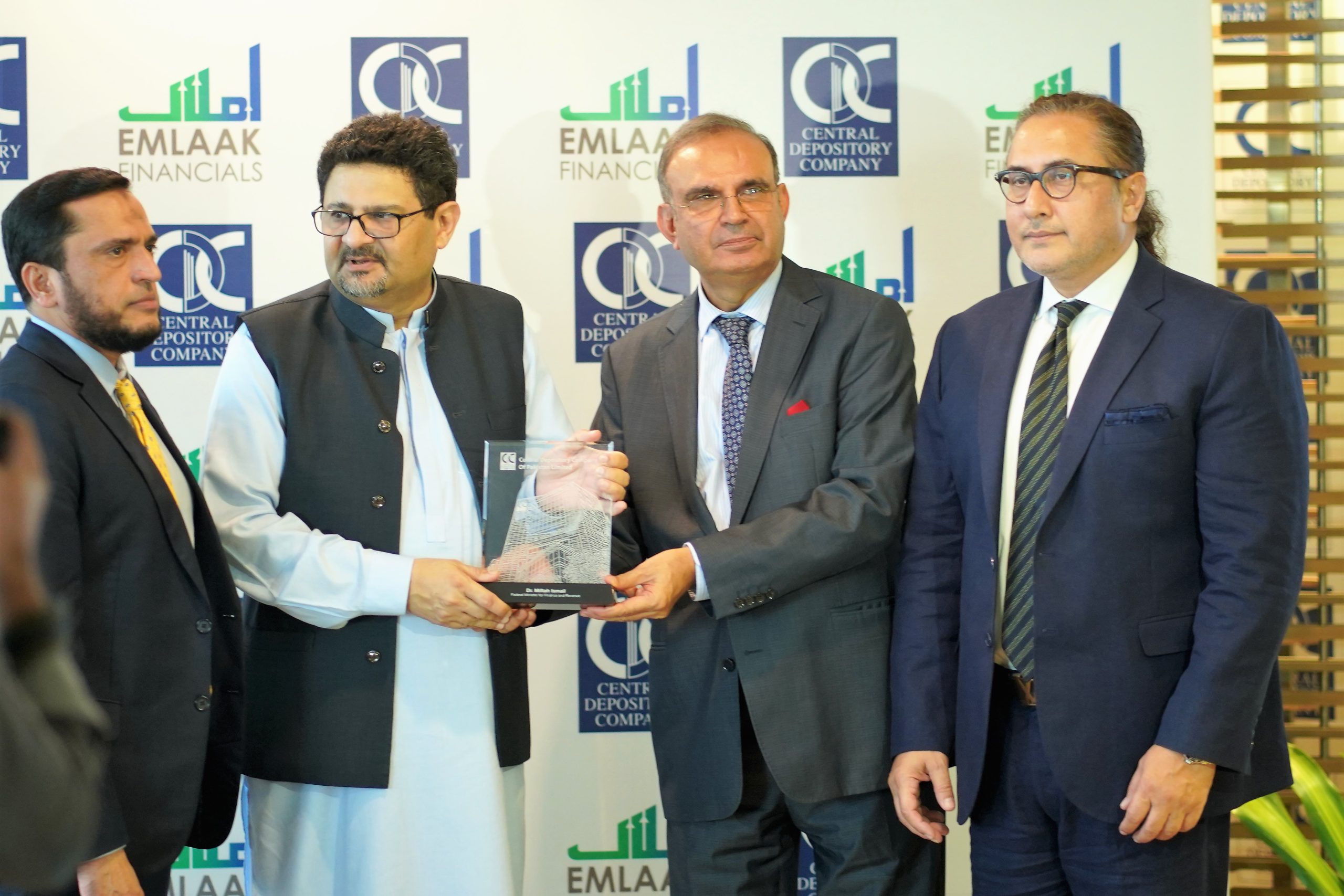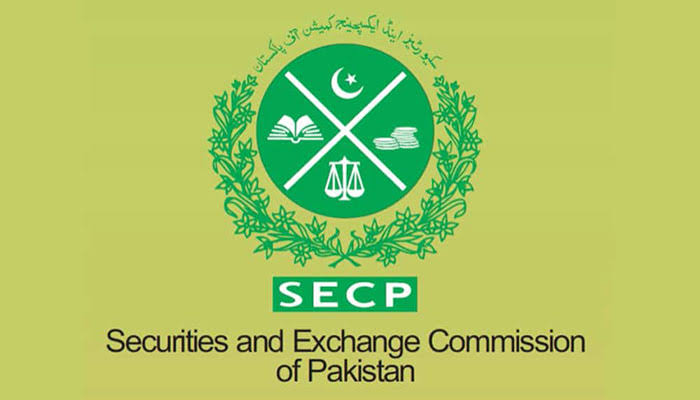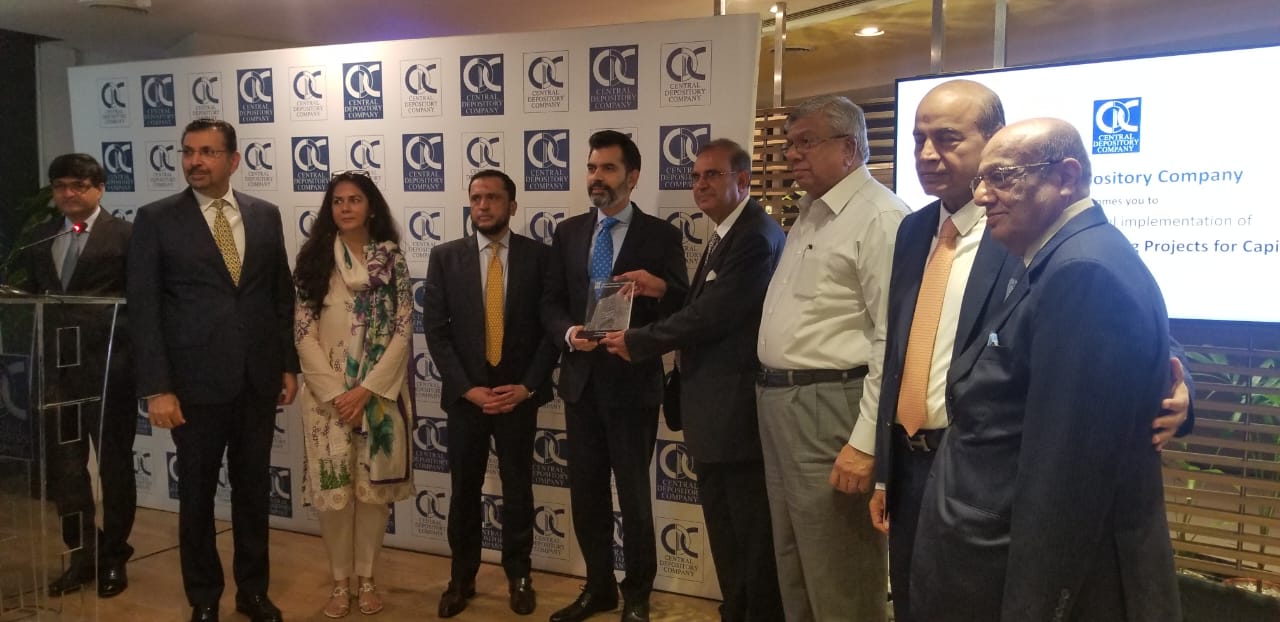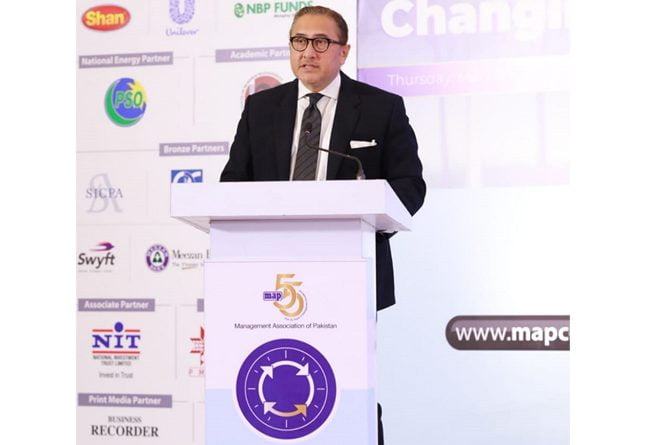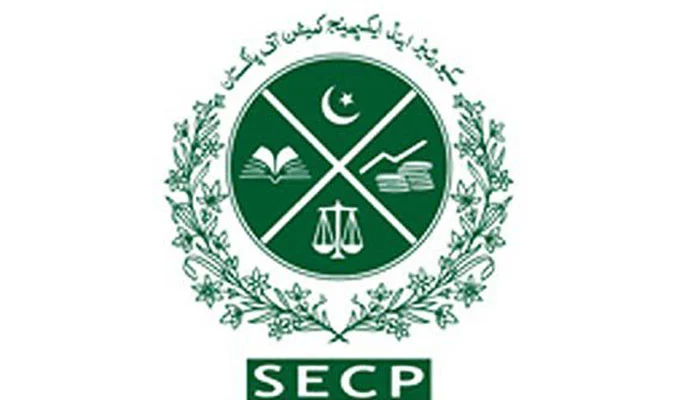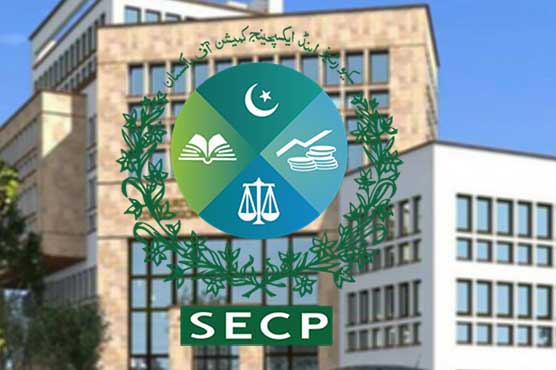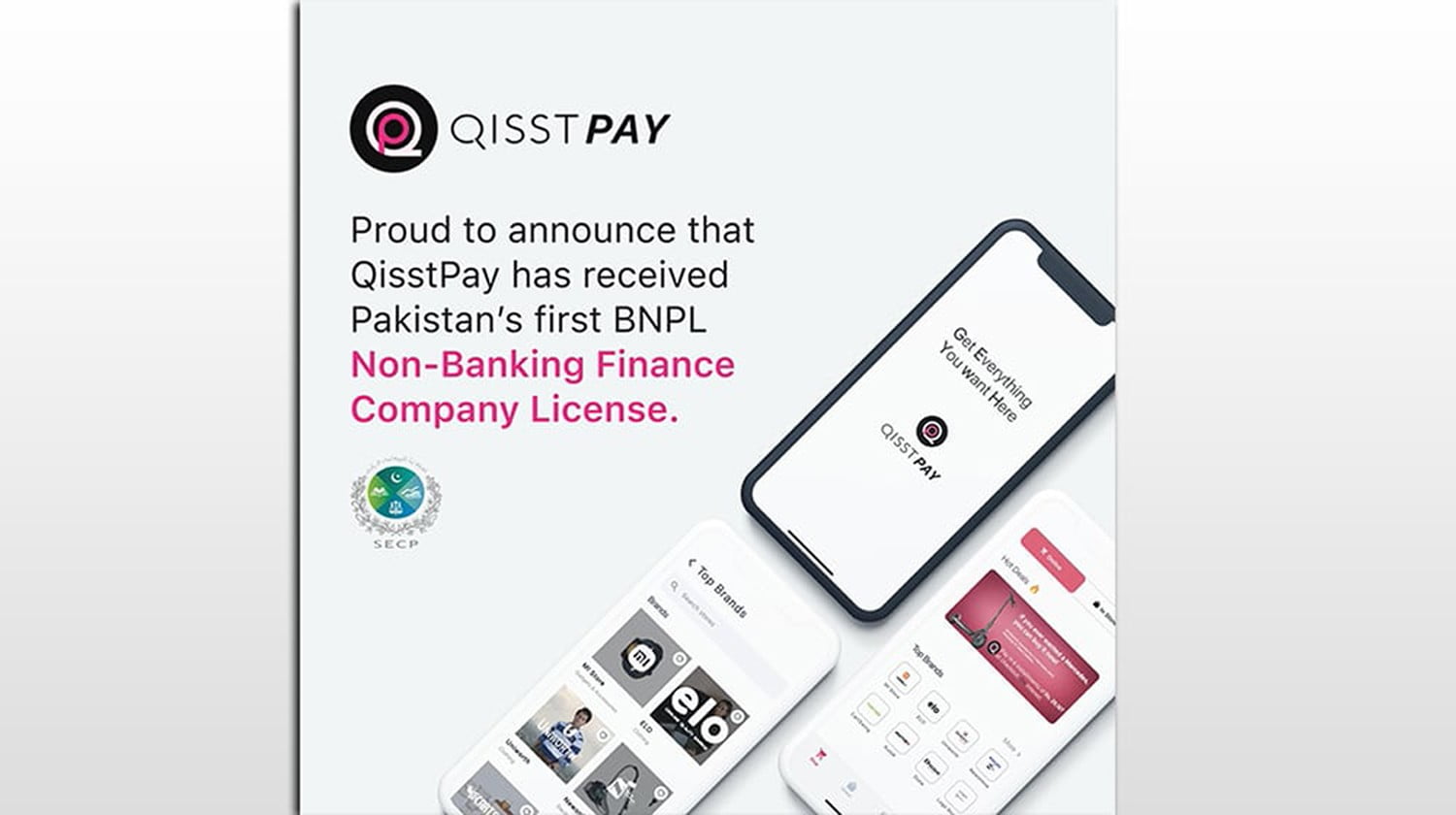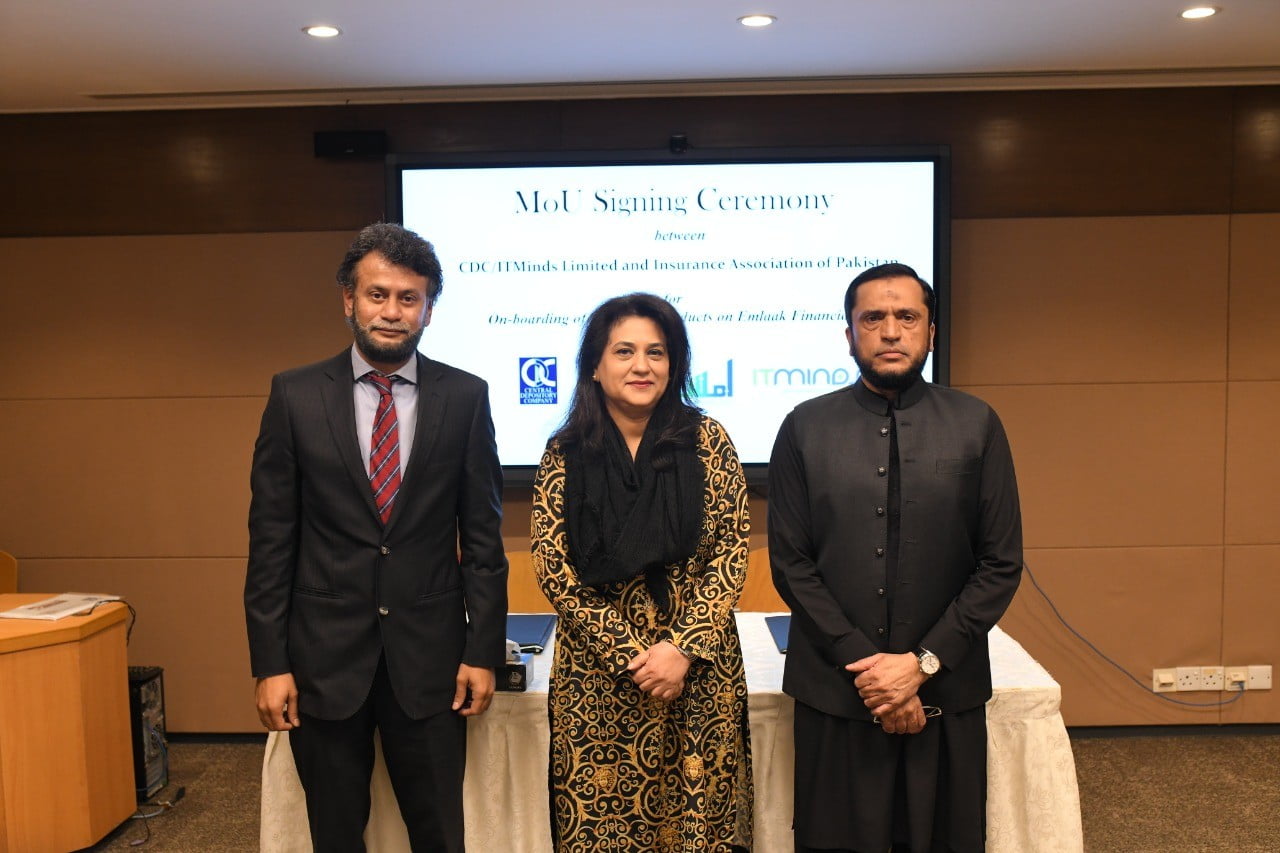As a landmark and first of its kind initiative in Pakistan’s capital market landscape, “Emlaak Financials” the first digital aggregator platform for mutual funds has been formally inaugurated by the Honorable Federal Minister for Finance & Revenue, Dr. Miftah Ismail on Aug 5, 2022 at CDC House, Karachi. This platform has been successfully implemented as a digital distribution channel initially for Mutual Funds and later on for other asset classes also.
The Pilot project for Emlaak was initially launched in 2021 for the Sahulat account opening via the platform, after which CDC has continued to abide by its commitment to collaborate with the Mutual Fund Industry for enhancing the platform. The full-fledged account opening feature has now been launched via this online investment portal which is the first of its kind in Pakistan allowing multiple funds from different AMCs to be offered to investors through a single platform.
While officiating the event, Honorable Federal Minister for Finance & Revenue Dr. Miftah Ismail said, “Emlaak Financials, which has been implemented as a digital aggregator of Mutual Funds, is a very important and timely initiative by SECP and very well executed by CDC. It is very important for our economy that we should introduce such novel concepts which will promote the investment culture in Pakistan and provide an easy and informative platform to the investors thus enabling them to make wise investment decisions while giving them the convenience to open their mutual fund accounts digitally from anywhere without having to visit the brick & mortar offices of Asset Management Companies.”
While addressing the occasion, Mr. Aamir Khan—Chairman SECP said, “It is indeed a very important milestone for the Mutual Fund Industry as it embarks on this consolidated digital distribution channel launched for the first time in Pakistan. We, at SECP, are strong proponents of re-engineering processes for promoting efficiency and transparency through digitalization and will continue to support and encourage all such initiatives by providing all the required Regulatory assistance in this regard.
Mr. Moin Fudda, Chairman of CDC’s Board of Directors, welcomed the Finance Minister and others guests after which CEO MUFAP Ms. Mashmooma Majeed addressed the audience. At the occasion, describing the objectives of the platform, Mr. Badiuddin Akber—CEO CDC said, “Emlaak Financials has been envisioned to pave the way for the growth of the Mutual Fund Industry and promote the savings culture in Pakistan at the grass-root level. CDC is committed towards providing innovative tech-based platforms to Capital Market entities through which they can leverage CDC’s technological edge to enhance their investor outreach in a convenient, informative and interactive manner.”
The event was also attended by Director SECP – Ms. Khalda Habib, representatives of the Asset Management Industry and other Industry representatives, who lauded CDC’s efforts in undertaking this initiative and playing its role for the development of the mutual fund industry.

